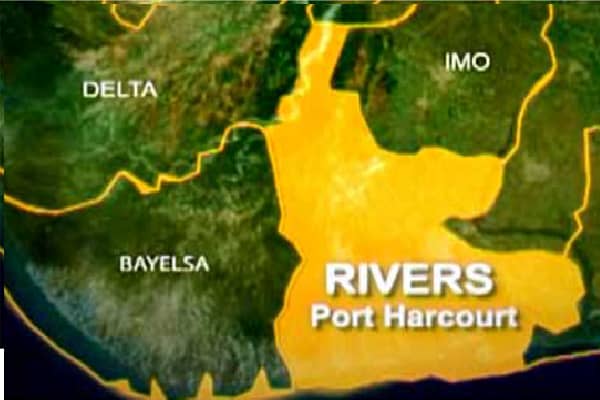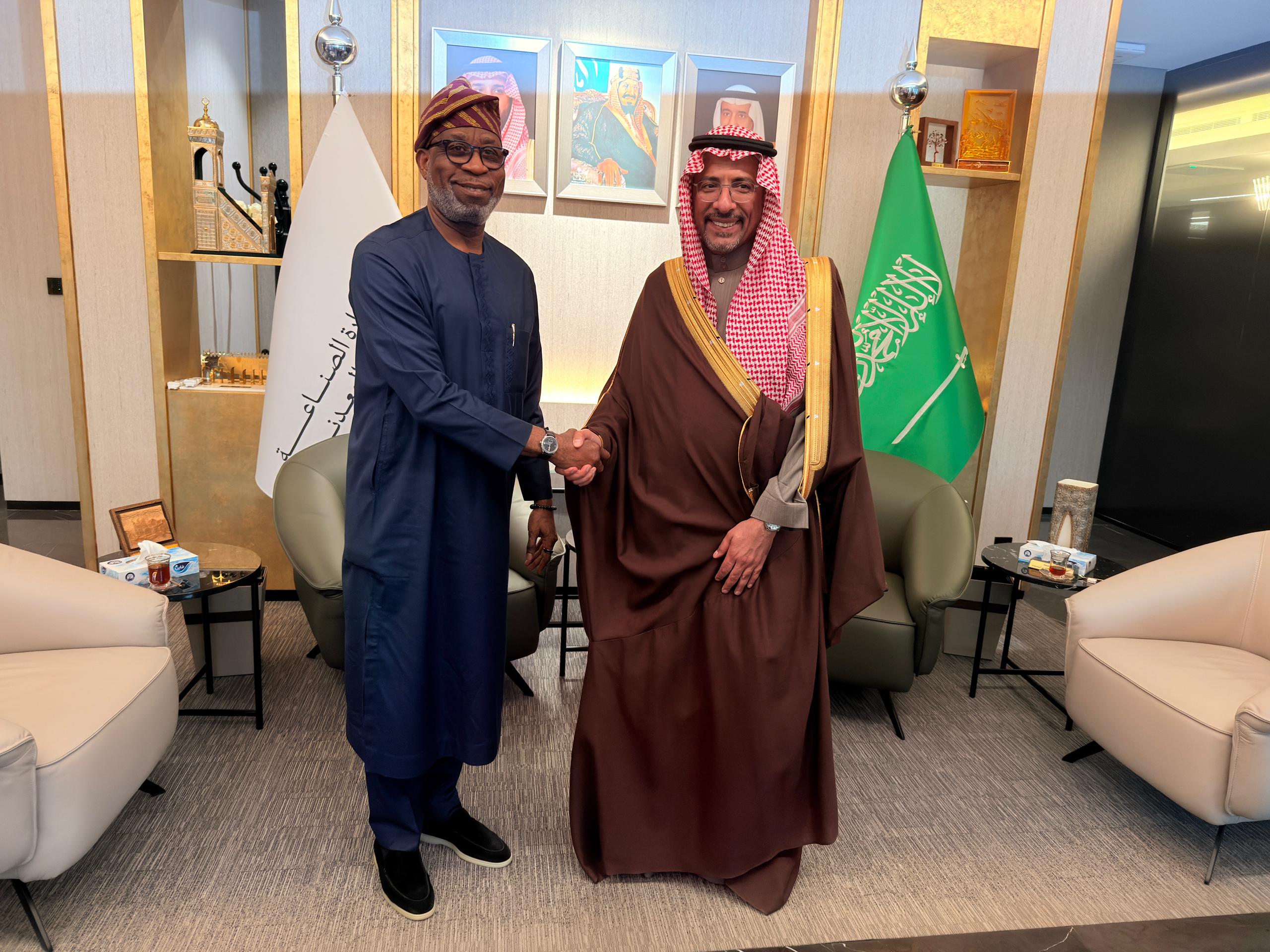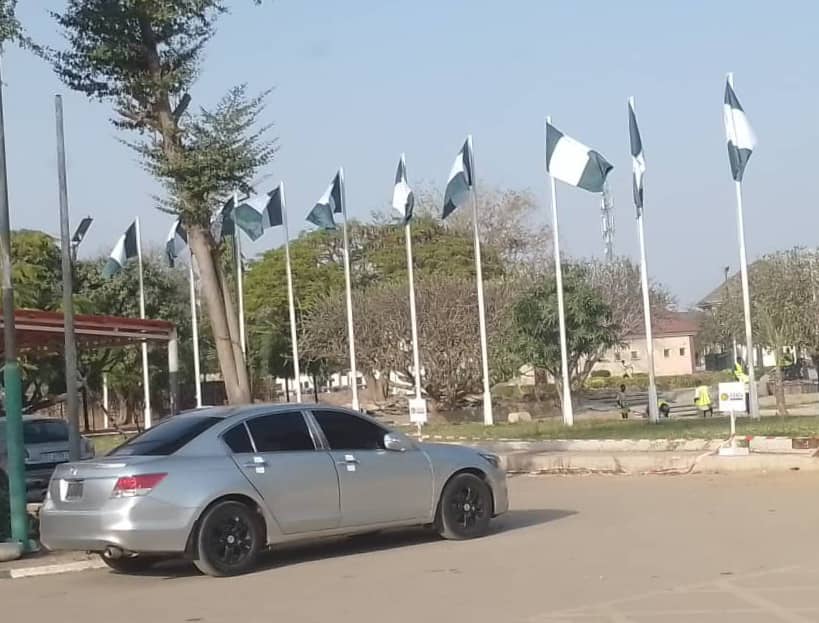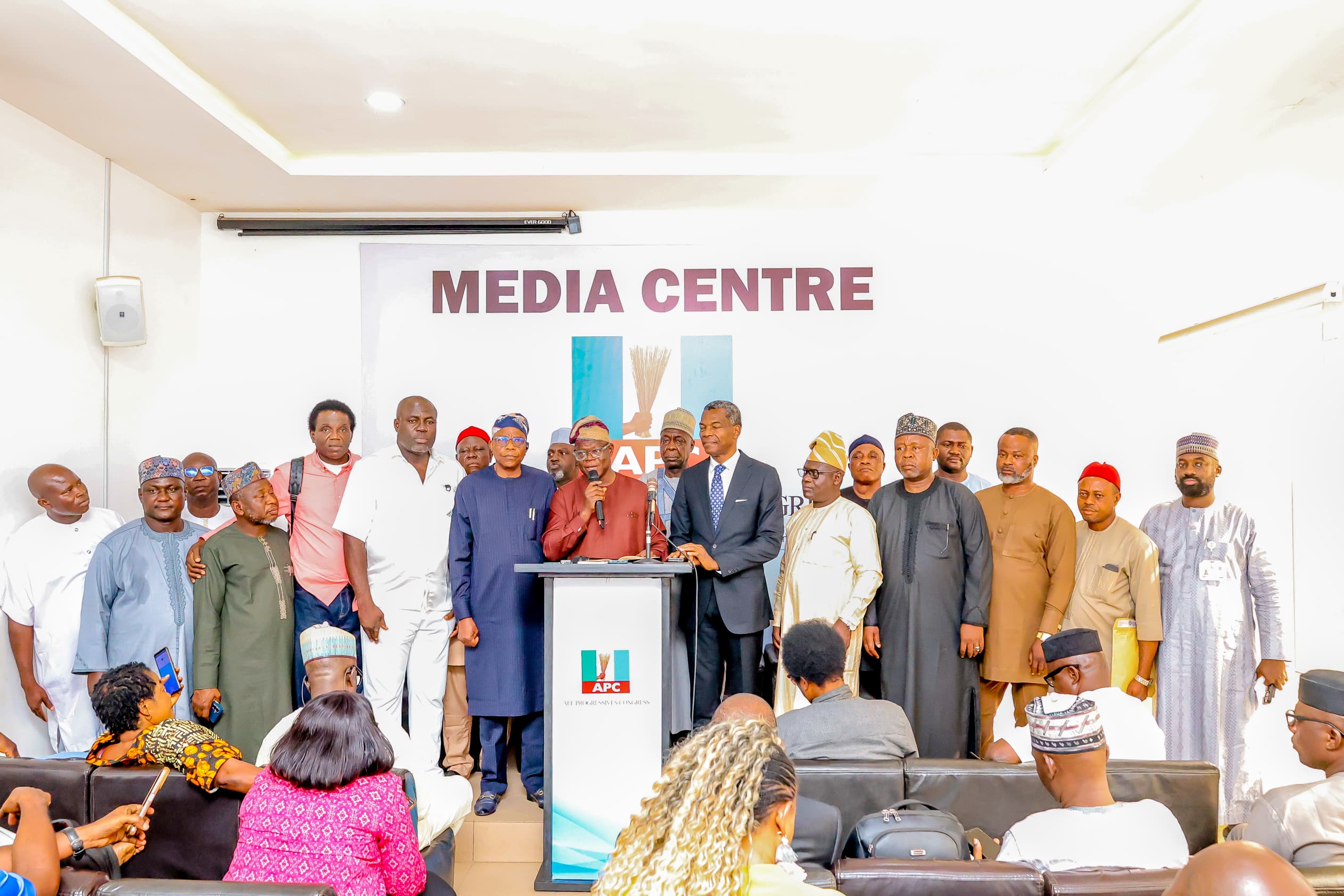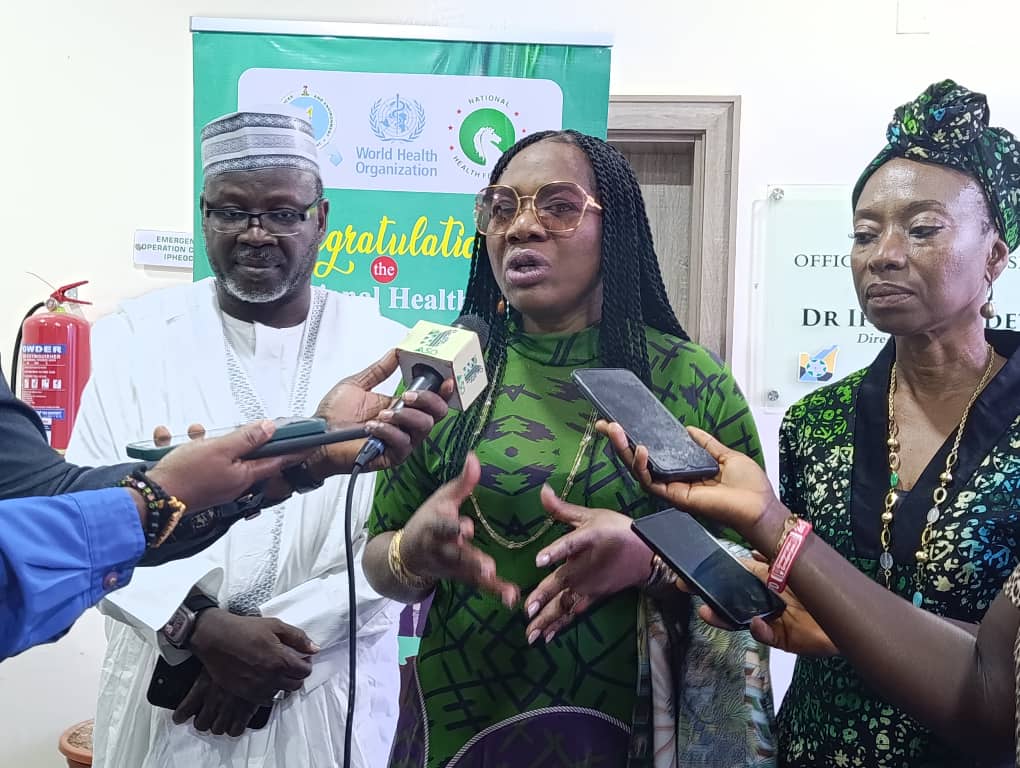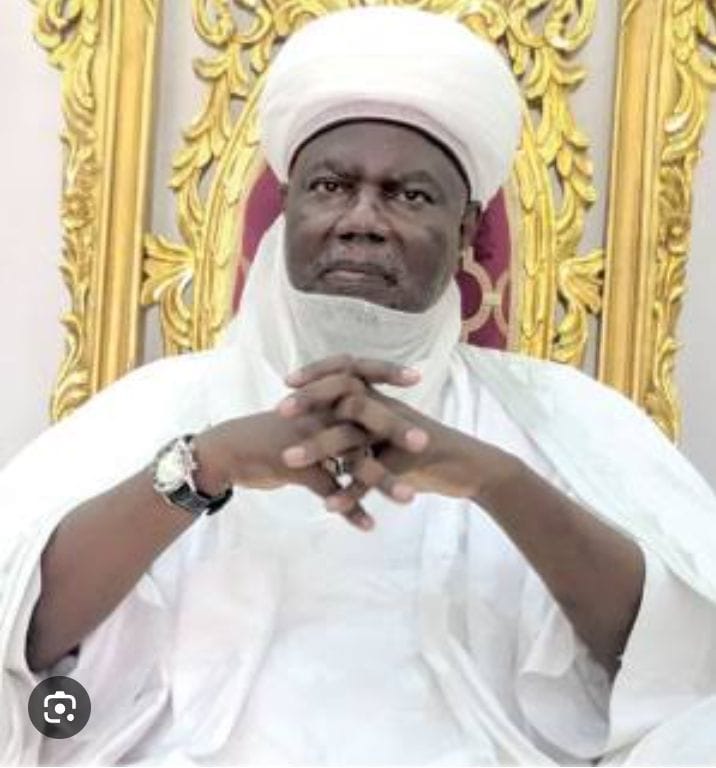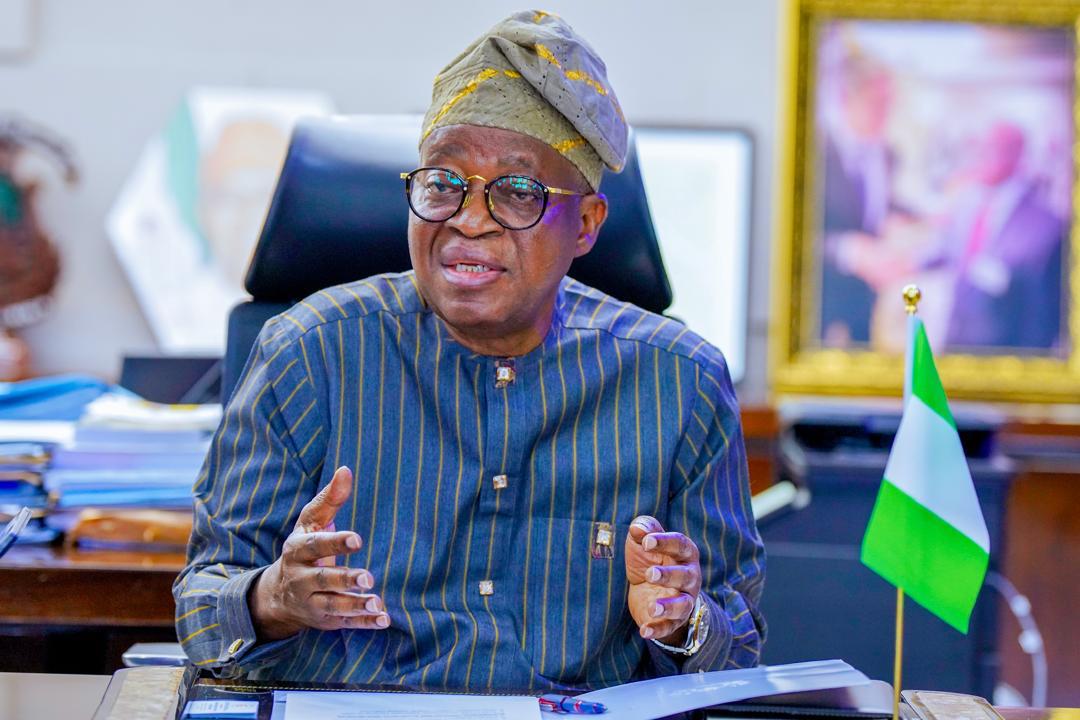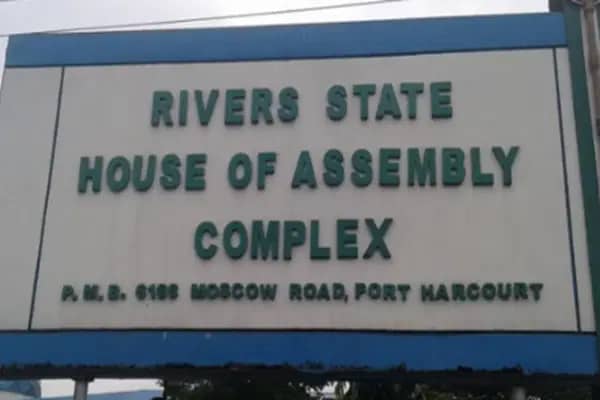The Rivers State Government has set up an independent investigative panel to probe allegations of extortion, examination malpractice and other sharp practices at the Rivers State College of Nursing Sciences.
The Commissioner for Health, Dr. Adaeze Oreh, announced the move during a media briefing in Port Harcourt on Monday, describing the allegations as grave and unacceptable.
She said the panel has been mandated to thoroughly investigate the claims and recommend appropriate sanctions against any individual or department found culpable.
Oreh reaffirmed the state government’s zero-tolerance stance on corruption, stressing that no one would be shielded, as the exercise is aimed at restoring integrity and public confidence in the institution and other state-owned health training centres.
The allegations include illegal demands for money from students for project topic approvals, sale of examination questions and marking schemes, as well as bribery for guaranteed passes.
According to the commissioner, the complaints were taken seriously immediately they were received, prompting the state to brief the Nursing and Midwifery Council of Nigeria (NMCN) and relevant security agencies.
“These allegations border on extortion of unauthorised payments for project topic approvals, sale of examination questions and marking schemes, and bribery for guaranteed passes in what should be professional examinations,” Oreh said.
She announced the suspension of the college’s provost and other officials implicated in the allegations, adding that an acting head would be appointed to ensure smooth academic activities.
“An independent investigative panel has been set up by the Rivers State Ministry of Health to examine all the claims in depth. The panel will work independently and transparently,” she added.
Oreh also disclosed that a forensic audit of the Year Two, second semester examinations would be carried out, while students who volunteer information to the panel would be adequately protected.
She further revealed that a comprehensive review of academic and financial practices in the college would be undertaken.
The commissioner assured that anyone found guilty would be punished in line with existing state and national laws.

